Summaries of books about Politics & Social Sciences:
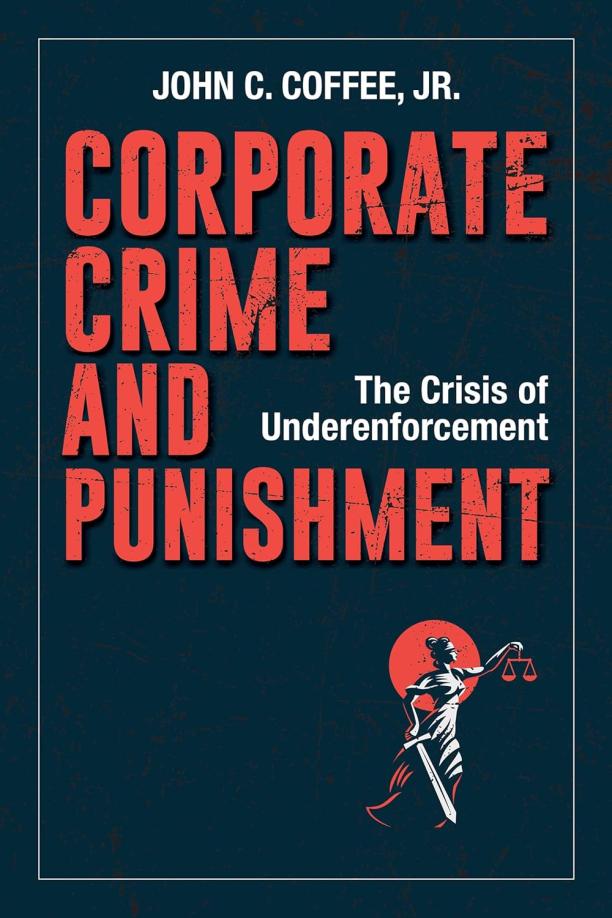
Corporate Crime and Punishment
The Crisis of Underenforcement
John C. Coffee
The book critically examines the failure of the American legal system to effectively prosecute white-collar crimes, arguing that corporate executives often escape accountability due to systemic issues in enforcement and legal loopholes. It proposes reforms to strengthen the deterrence of corporate misconduct and ensure justice is served for financial crimes.
See full summary
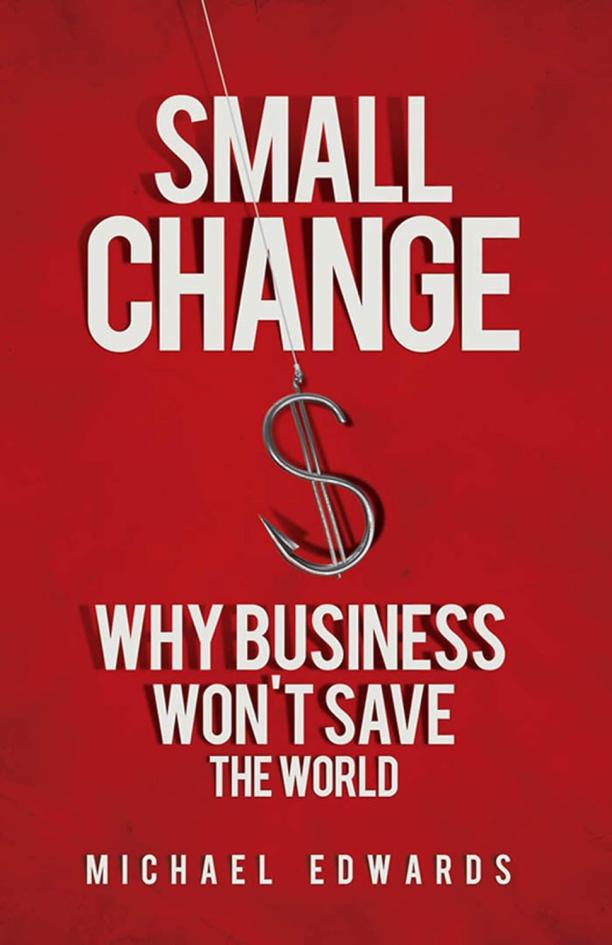
Small Change
Why Business Won't Save the World
Michael Edwards
The book critically examines the belief that market-based solutions and corporate philanthropy can effectively address social problems, arguing that such approaches often fall short and can even exacerbate issues. It advocates for a return to civic engagement and traditional philanthropy that prioritize social justice and systemic change over profit-driven models.
See full summary
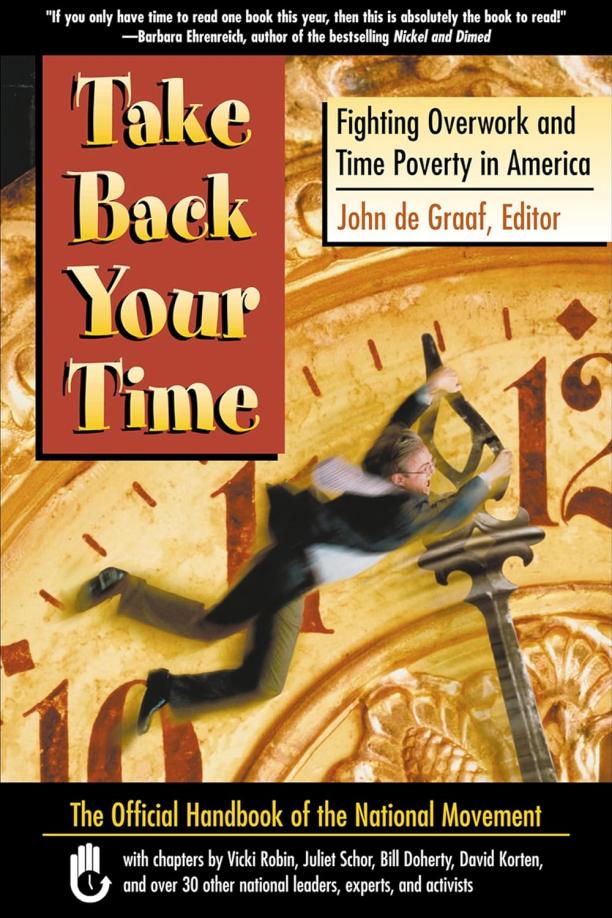
Take Back Your Time
Fighting Overwork and Time Poverty in America
John de Graaf
The book examines the cultural and economic forces driving Americans to work excessively long hours, leading to a state of "time poverty" where leisure and family time are undervalued. It proposes solutions to restore balance through policy changes, workplace reforms, and shifts in societal attitudes towards work and well-being.
See full summary
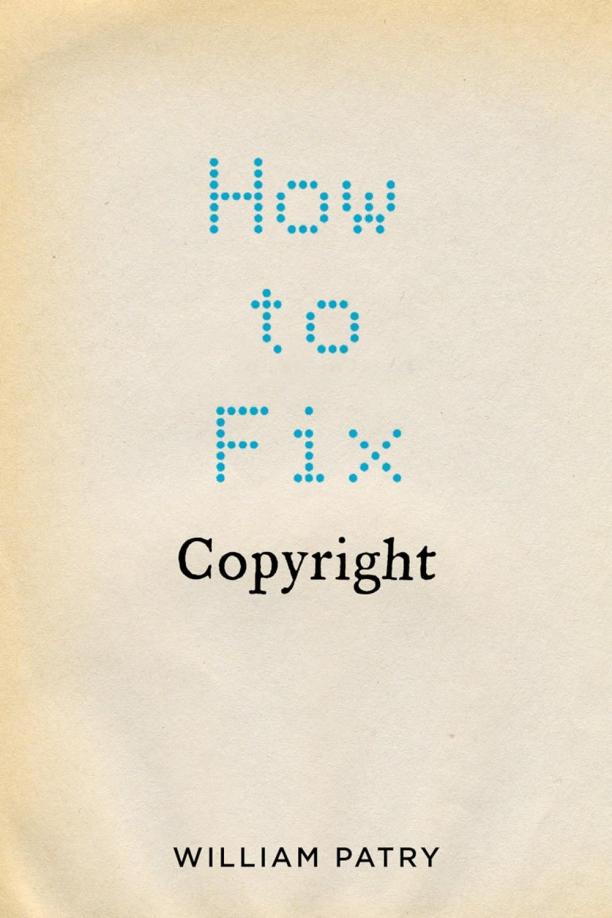
How to Fix Copyright
William Patry
The book critiques the current state of copyright law, arguing that it is overly complex, favors corporate interests over public good, and stifles creativity. It proposes practical reforms to simplify the system, balance stakeholders' interests, and encourage innovation and access to knowledge.
See full summary

The Daily You
How the New Advertising Industry Is Defining Your Identity and Your Worth
Joseph Turow
The book examines the transformation of the advertising industry due to data-mining and personalization technologies, revealing how companies compile digital profiles to target individuals with tailored messages. It explores the implications of this practice on privacy, consumer behavior, and societal norms, questioning the power and ethics of marketers in shaping personal identities and values.
See full summary
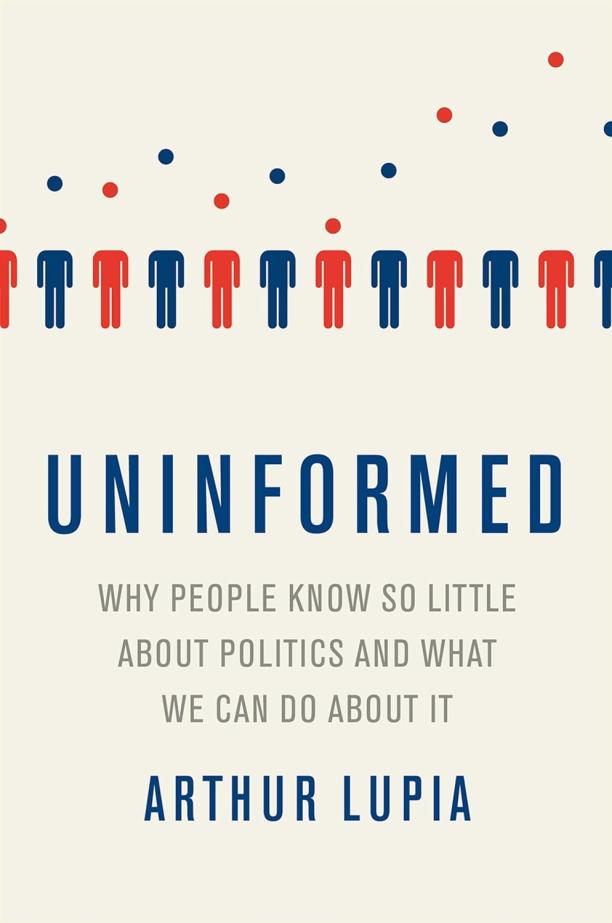
Uninformed
Why People Seem to Know So Little about Politics and What We Can Do about It
Arthur Lupia
The book examines the reasons behind the public's lack of political knowledge, attributing it to factors such as complex information and limited cognitive resources. It proposes strategies for better informing citizens through more effective communication and educational techniques that take into account how people learn and process information.
See full summary

Billionaires
Reflections on the Upper Crust
Darrell M. West
The book examines the influence and impact of the ultra-wealthy on politics, economy, and society, analyzing how their power shapes public policy and democracy. It delves into the lives of the richest individuals, their means of wealth accumulation, and the implications of their philanthropy and political engagement.
See full summary

In the Bubble
Designing in a Complex World
John Thackara
The book explores the role of design in addressing complex social, environmental, and economic challenges in the modern world. It advocates for sustainable and human-centered design practices that harness technology and innovation to improve lives while minimizing ecological impacts.
See full summary
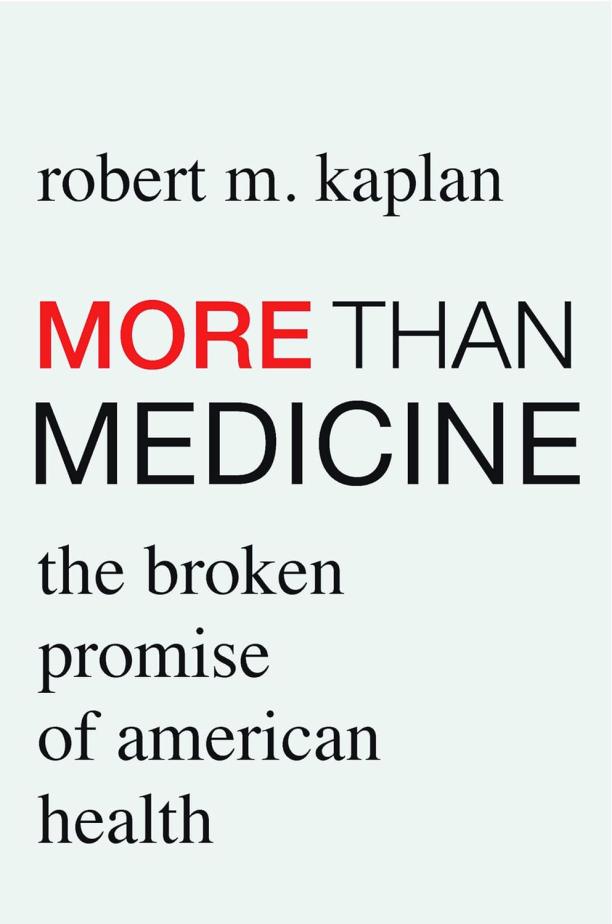
More than Medicine
The Broken Promise of American Health
Robert M. Kaplan
The book critically examines the United States healthcare system, highlighting its inefficiencies and the over-reliance on medical interventions that often fail to address the root causes of poor health. It argues for a broader approach to health that includes social and environmental factors, suggesting that investing in social services could lead to better health outcomes than medical care alone.
See full summary
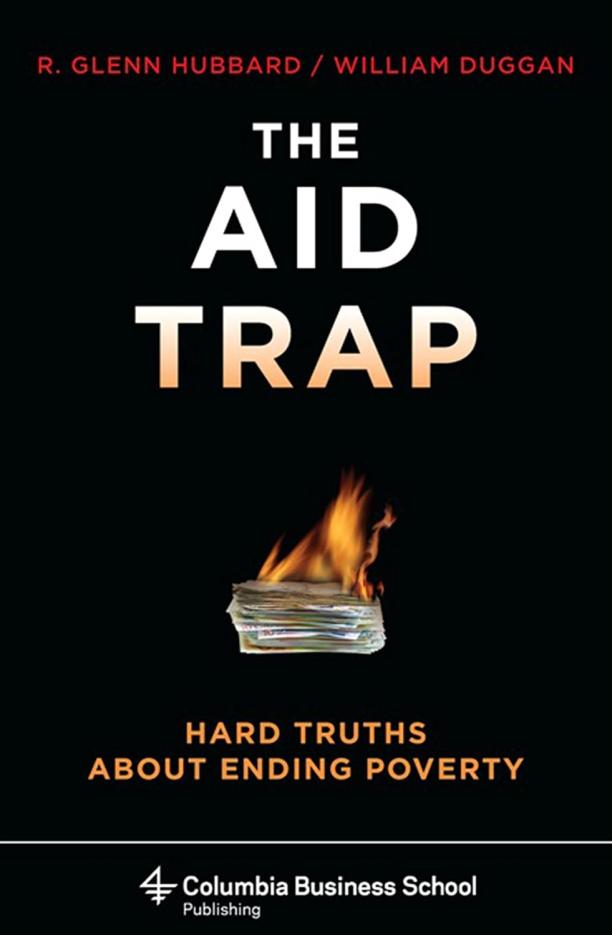
The Aid Trap
Hard Truths About Ending Poverty
R. Glenn Hubbard|William Duggan
The book argues that foreign aid often hinders economic development in poor countries by undermining local entrepreneurship and governance. It advocates for a new approach that focuses on investment in business development and market creation to foster sustainable economic growth and reduce poverty.
See full summary